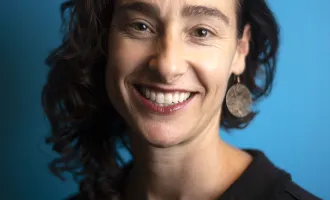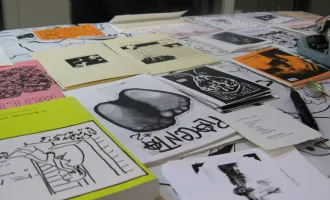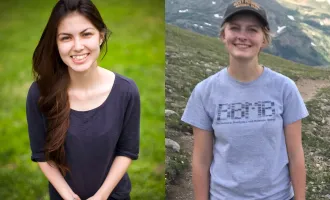Ending Racism
Scientists know that race is based solely on subjective evaluation of physical traits. In the genes, race cannot be discerned. Scientists are uniquely qualified to speak with authority on the issue — or rather non-issue — of race.
According to Dr. Carlos Hoyt, author of The Arc of a Bad Idea: Understanding and Transcending Race and assistant professor of social work at Wheelock College in Boston, it’s high time for science to be thoroughgoing in its recognition of the illegitimacy of race by taking a leading role in shifting society away from the racial worldview.
The burgeoning scientific literature advocating the relinquishment of race as a valid lens through which to understand and navigate human population differences, however, consistently stops at the gates of the domain of science.
Geneticists, biologists, and medical doctors are increasingly vocal about the lack of utility and actual harm that results from employing race as a proxy for meaningfully distinct human subgroups — but only within the bounds of their professional realms, not in society in general.
Beyond the territory of their respective practices, scientists are reluctant to challenge the deployment of race, usually based on the perceived need to address racism by acknowledging the power and persistence of the social construct of race.
This stance represents a misguided deference to a pernicious cognitive error that science originally empowered.
Dr. Hoyt presents RACEISM: Why Defeating Racism Requires the Repudiation of Race — The Civic Role of Science and Scientists at 4 p.m. on May 18 at Byers Auditorium in Genentech Hall. Everyone in the UCSF community is invited with no RSVP required.
A copy of Hoyt’s book will be given to 30 attendees.



